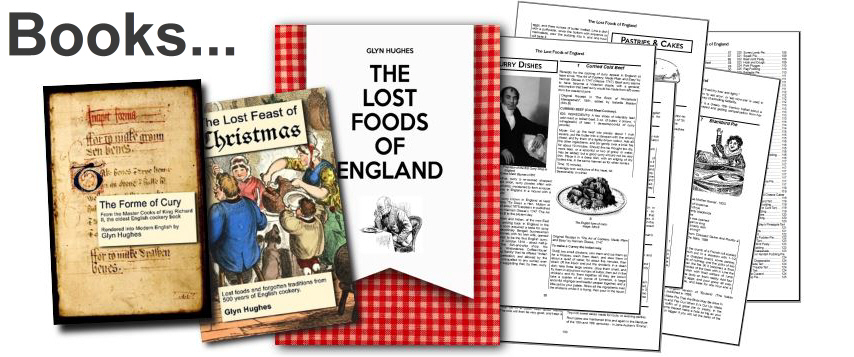

|
 Horror at the commonplace abuse of drink during the 19th century led to the promotion of 'temperance', of beer-free pubs and the development of a whole alcohol-free product movement. This included Non-Brewed Condiment as an alternative to vinegar, yeast-free Aerated Bread and a whole range of 'Botanical Beers'. These included Sarsaparilla, Dandelion and Burdock, Vimto and a number of ale-alternatives. Noteworthy among these was Newball & Mason’s original extract of herbs for making your own 'botanic beer’. Probably the last Temperance Bar - Fitzpatrick's in Rawtenstall West Sussex Gazette - Thursday 20 June 1935 The Notinghamshire Archives tell us that "The company of Newball and Mason was originally founded by Thomas Ayres Newball and Thomas Mason. In 1850 Thomas Ayres Newball had opened a chemist shop at 36 Derby Road, Nottingham and in c1859, at the age of fifteen, Thomas Mason became his apprentice. After several years, Thomas Mason opened his own shop on Derby Road and it was at this time that he invented the ‘extract of herbs’, a concentrated essence that could be made up into the non-alcoholic beverage, ‘Botanic Beer’. In the 1870′s the two businesses were amalgamated to form Newball and Mason, chemist and druggist, with premises near the Market Place and at 10 Derby Road (Morris’s Trade Directory for 1877). With the growing popularity of botanic beer, in 1875 Thomas Mason opened a factory on Park Row in Nottingham, to produce his ‘extract of herbs’. Benjamin Deaville joined the company as an apprentice in 1880 and after serving a three year apprenticeship, he decided to concentrate on the manufacturing side of the business, later becoming a partner in the company. In 1890, the company moved into a larger factory on Terrace Street in Hyson Green and in 1902, they moved again to a former lace factory on Beech Avenue, New Basford. This factory was known as the ‘Maville Works’, combining the names of Mason and Deaville. By this time, Newball and Mason had diversified to produce not only the ‘extract of herbs’ but also coffee, fruit essences and flavourings, household chemicals, culinary and medicinal herbs, the latter being grown on the company’s herb and fruit farm in Bunny. In 1911, Thomas Mason died and Benjamin Deaville became the sole proprietor. In 1925 he decided to form a private limited company and held the position of chairman and managing director until his death in 1938.  |
|
MORE FROM Foods of England... Cookbooks ● Diary ● Index ● Magic Menu ● Random ● Really English? ● Timeline ● Donate ● English Service ● Food Map of England ● Lost Foods ● Accompaniments ● Biscuits ● Breads ● Cakes and Scones ● Cheeses ● Classic Meals ● Curry Dishes ● Dairy ● Drinks ● Egg Dishes ● Fish ● Fruit ● Fruits & Vegetables ● Game & Offal ● Meat & Meat Dishes ● Pastries and Pies ● Pot Meals ● Poultry ● Preserves & Jams ● Puddings & Sweets ● Sauces and Spicery ● Sausages ● Scones ● Soups ● Sweets and Toffee ● About ... ● Bookshop ● Email: [email protected] COPYRIGHT and ALL RIGHTS RESERVED: © Glyn Hughes 2022 BUILT WITH WHIMBERRY |